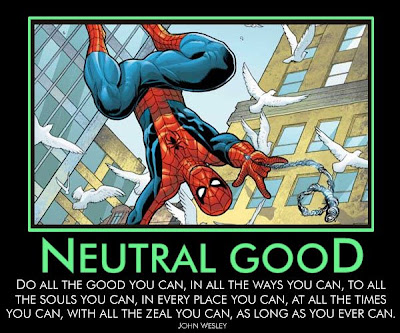Wednesday!
* In Galileo's time, science was clashing with religion; today, Robinson believes, we're living in a "Galilean moment" again, in which climate change means science has become politicised. This time, though, the clash is with capitalism. "There are cultural forces in our society which say, you can save the world or else you can make a profit, and they'll say sorry, we have to make a profit. So we have a strange religion now." As his global-warming-themed trilogy, which ends with 2007's Sixty Days and Counting, shows, a major theme for Robinson is ecological sustainability, and he stresses today his belief that "the climate crisis is an emergency." Another interview with Kim Stanley Robinson, this one focusing on his new time travel novel, Galileo's Dream.
* Fun graphic analysis of Choose Your Own Adventure novels, including Inside UFO 54-40, the only CYOA with an impossible-to-reach ending.
* The rhetoric of Google's suggested searches. Via Ezra Klein, who summarizes:
For instance: the most popular searches beginning with "how 2 ..." are "how 2 get pregnant" and "how 2 grow weed." Searches beginning with "how might one" tend to be about music or, weirdly, Andrew Jackson.One notes, at least in my geo-targeted region of the world, the top suggested result for "is it wrong to" is actually "is it wrong to sleep with your sister."
More titillatingly, people asking "is it wrong to" tend to have something sexually indecent in mind. The top results are "sleep with your cousin," "sleep with your stepdad after your mom has died," and "like your cousin." Searches beginning with "is it unethical to" tend to be about white-collar crime and animal rights.
* Yesterday's Daily Show had a pair of fantastic clips: one on the Berlin Wall and another on Sean Hannity flagrantly lying (with video!) about the size Michelle Bachmann's health-care protest.
* Chart of the Day: Rock Music Quality vs. U.S. Oil Production.










